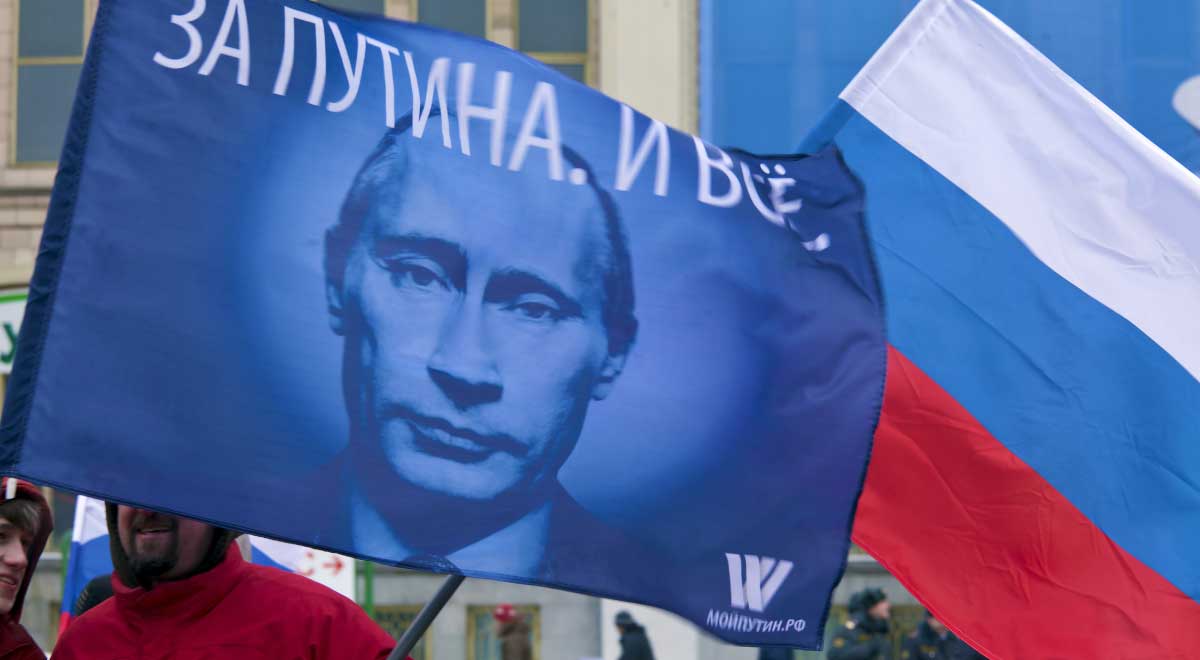A group of independent Russian sociologists conducted a study, the result of which may surprise: 71 percent. The Russians support the war in Ukraine, while experiencing positive emotions, Radio Liberty reports. Supporters of the “military operation”, as this attack on the mouthpiece of sovereign Kremlin propaganda is commonly called, are proud and happy about it.
Radio Liberty reported that the study was carried out from late February to mid-March. As indicated, the age of the respondents influenced the results of the survey.
Russians over the age of 35 were more likely to indicate feelings of pride, respect, and hope. On the other hand, respondents under the age of 18 showed reluctance and disappointment with the situation in Ukraine. In general, 71 percent expressed satisfaction with the war. items.
40 percent indicated concern about the conflict in Ukraine, which is mostly reported by young Russians. In the 25 to 44 age group, feelings of anxiety and fear were reported about the “military operation” in Ukraine. More than half of respondents aged 55 and over expressed support for the war.
Russia. Invasion support, financial pessimism
Radio Liberty pointed to the dependence of the passage of time and the military mood of Russians. As noted, every week the percentage of people supporting the invasion and independence of the so-called. Donetsk and Luhansk republics. However, there is pessimism among the respondents regarding the financial situation caused by the sanctions imposed by Western countries.
The sociologists who conducted the study noted that the results of more recent polls conducted after March 12, a time of increased state control over the media and freedom of speech, should be interpreted taking into account the influence of fear and social prejudice.
Polls also confirmed that three-quarters of Russian citizens learn about the Russian invasion from television. Among them, 87 percent – from state TV channels. In turn, 22 per cent. Russians – from the radio.
Influence of state media?
According to the authors of the study, Russians under the age of 35 are more likely than representatives of the older generation to treat the information presented “with some or complete distrust.” However, sociologists point out that young Russians in the age group of 18-24 are more likely to show indifference to the events in Ukraine.
Radio Liberty also reported that when asked about the influence of Vladimir Putin’s actions on them, a third of those polled answered that they were firmly convinced that all his actions were in their interests. In turn, 26 per cent. of those surveyed responded that it acts “to some extent” in their interests.
The conclusion of the study is that the vast majority of Russians are in favor of keeping Putin as president for as long as possible.

